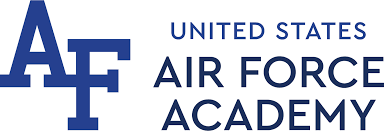Building Moral Imagination, Emotionally Engaged Thinking, and Adaptive Leadership Capacity in Leadership Learners Through the Power of the Holocaust
Abstract
In 2015, the United States Holocaust Memorial Museum (USHMM) and the University of Florida
collaborated to develop a holistic model for moral decision-making within leadership learners. The
collaboration yielded innovative learning experiences leveraging the power of the USHMM’s Ethical
Leadership Modules linked to their special exhibition, Some Were Neighbors: Collaboration and
Complicity in the Holocaust. The learning experiences were piloted at the University of Florida in
2016, 2017, and 2018 with multidisciplinary undergraduate leadership learners. Learners engaged in
intentional learning experiences grounded in reflective and agency-oriented behaviors through the
intentional use of authentic memorabilia, audio recordings, and videos collected during the Holocaust.
Qualitative findings collected over three years indicate that the content and methodological processes
led to the development of moral imagination, emotionally engaged thinking, and adaptive leadership
capacity in the learners. The resulting discussion provides implications for addressing and mitigating the
challenges associated with systemic oppression, groupthink, social deterioration of moral judgment, and
creates opportunities for change and social justice in our world.
Downloads
Downloads
Published
How to Cite
Issue
Section
License
Authors contributing to Journal of Character & Leadership Development agree to publish their articles under the terms of the Creative Commons CC-BY 4.0 License. Authors retain copyright of their work, with first publication rights granted to the JCLD.



